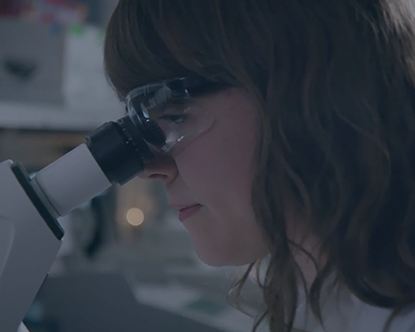
We’re tackling cancer from every angle in our state-of-the-art research labs and in collaborative projects that span the globe.
325+
40+
$465M
150+
Our Research Areas
Fred Hutch scientists are producing some of the most important breakthroughs in the prevention, early detection and treatment of cancer, HIV and other diseases.

Diseases We Research
Diseases We Research
Fred Hutch scientists conduct research on and develop therapies for many cancers — including blood cancers and solid tumors — and for HIV and other diseases.
Learn More
Cross-Divisional Programs
Cross-Divisional Programs
Integrated research centers (IRCs), institutes, networks and other programs are accelerating the pace of discovery to prevent, diagnose and treat cancer and many other diseases.
Learn More
Faculty & Labs
Faculty & Labs
Fred Hutch has five scientific divisions, each focused on specific areas of research.
View Our DirectoryMore to Explore
Help Us Eliminate Cancer
Every dollar counts. Please support lifesaving research today.

Collaborating for Cures
Meet the team that seeks convergence between science and business, leading to high-impact partnerships with industry, licensing agreements, and spinouts and startups.

Delivering Treatments
We offer a breadth of leading-edge treatments, some not available elsewhere — plus the opportunity to participate in clinical trials.

Cures Start Here
Our pioneering research has saved hundreds of thousands of lives worldwide. Learn more about our vision, values and global reach.

Why Your Gift Matters
Learn how your support for Fred Hutch can help provide cancer patients with the most precious gift of all: time.